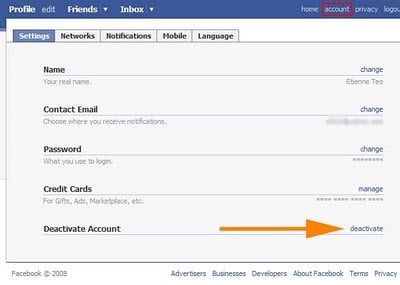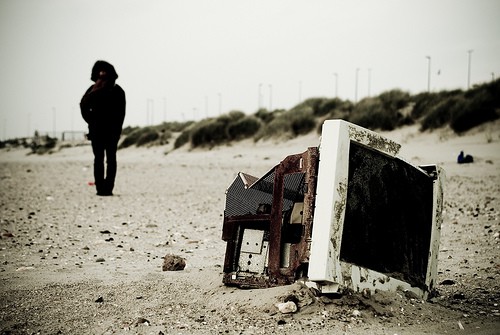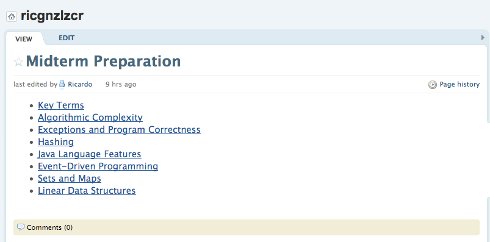
Predicting Greatness
The impact of teachers is profound. If you rank the world’s countries by their students’ academic performance, the US is somewhere in the middle. In a 2009 New Yorker article, Malcolm Gladwell notes that replacing “the bottom six percent to ten percent of public-school teachers with teachers of average quality” could be enough to close the gap between our current position and the top ranked countries.
“[Y]our child is actually better off in a ‘bad’ school with an excellent teacher than in an excellent school with a bad teacher,” Gladwell concludes.
But there’s a problem: “No one knows what a person with the potential to be a great teacher looks like.”
Or at least, according to Gladwell.
Teach for America, a non-profit that recruits outstanding college graduates to teach in low-income school districts, disagrees. This organization is fanatical about data. For the past 20 years, they’ve gathered massive amounts of statistics on their teachers in an attempt to figure out why some succeed in the classroom and some fail. They then work backwards from these results to identify what traits best predict a potential recruit’s success.
As Amanda Ripley reports in a comprehensive look inside the Teach For America process, published in the Atlantic Monthly, the results of this outcome-based approach to hiring are “humbling.”
“I came into this with a bunch of theories,” the former head of admissions at Teach for America told Ripley. “I was proven wrong at least as many times as I was validated.”
When Teach for America first started 20 years ago, applicants were subjectively scored by interviewers on 12 general traits, like “communication” ability. (A sample interview question: “What is wind?”) By contrast, if you were one of the 35,000 students who applied in 2009 (a pool that included 11% of Ivy League seniors), 30 data points, gathered from a combination of questionnaires, demonstrations, and interviews were fed into a detailed quantitative model that returned a hiring recommendation.
This data-driven approach seems to work. As Ripley reports, in 2007, 24% of Teach for America teachers advanced their students at least one and a half grade levels or more. Two years later, as the organization’s models continued to evolve, this number has almost doubled to 44%.
I’m fascinated by Teach For America for a simple reason: the traits they discovered at the core of great teaching are unmistakably a variant of deliberate practice — not the pure, coach-driven practice of professional athletes and chess grandmasters, but a hearty, adaptable strain that’s applicable to almost any field.
Put another way, these outstanding teachers may have unwittingly cracked the code for generating a remarkable life…



